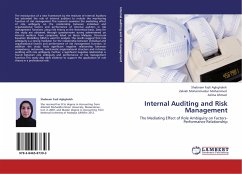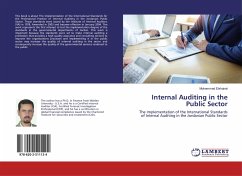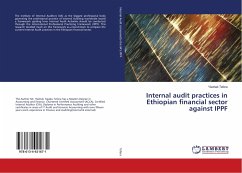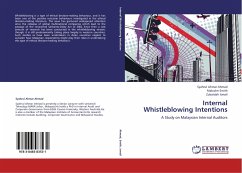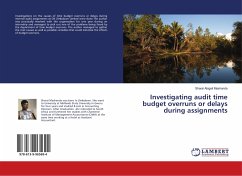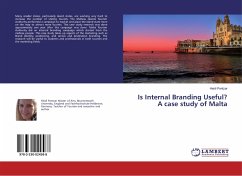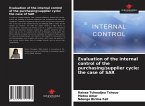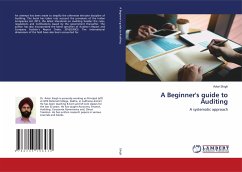The introduction of a new framework by the Institute of Internal Auditors has extended the role of internal auditors to include the monitoring function of risk management.This research examines the mediating effect of role ambiguity on the relationship between individual and organizational factors and performance of internal auditors in risk management functions using role theory as the theoretical basis. Data for the study are obtained through questionnaire survey administered on internal auditors from companies listed on Bursa Malaysia. Structural Equation Modelling (SEM) is used for analysis. The results suggest that role ambiguity is a strong mediator for the relationship between individual and organizational factors and performance of risk management function. In addition the study finds significant negative relationship between competency, autonomy, mechanistic organizational structure and in-house auditing with role ambiguity. Further, a significant negative relationship is found between role ambiguity and performance of risk management function.This study also adds evidence to support the application of role theory in a professional role.
Bitte wählen Sie Ihr Anliegen aus.
Rechnungen
Retourenschein anfordern
Bestellstatus
Storno

